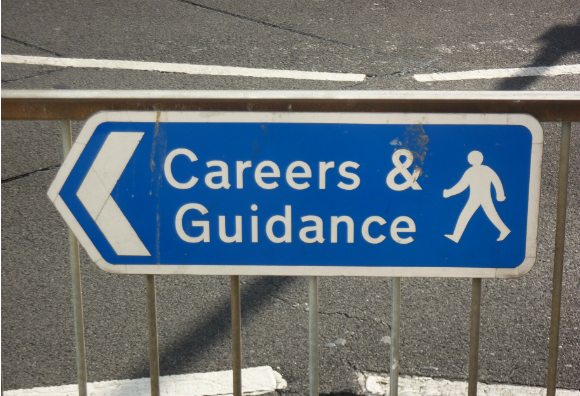Special educational needs: careers advice
- Last updated 08 Dec 2016

Face-to-face careers guidance is generally quite limited, with many schools only providing online, email and phone support.
But if you have a disability, learning difficulty or health condition, you should be able to get at least three sessions of face-to-face advice.
The Statutory Guidance for Schools makes clear that they must provide face-to-face careers guidance for all young people with a learning difficulty and/or disability, regardless of whether they have a statement of special educational needs or not.
Local authorities should provide careers advice up until the age of 25 if you have a Section 139a Learning Difficulty Assessment (LDA).
In Northern Ireland, on or just after the 14th birthday of a child with speial educational needs the school should hold a transition plan meeting: the first step to planning and preparing for a successful move into further education, training or employment.
A careers adviser will take part in this process and at any subsequent reviews. They will also be available to provide further information, advice and guidance when the young person leaves school.
Read more:
Special educational needs: apprenticeship funding
Special educational needs: careers advice
Image courtesy of Andrew Bowden
More articles like this
- Cover Letter Mistakes
- Tech Levels: The Lowdown
- Am I old enough to do an Apprenticeship?
- Alternatives to University
- Apprenticeship CV
- What Apprenticeship is right for me?
- What can I do with my GCSEs?
- Traineeships: what are they, who can do them, and can trainees become apprentices?
- Alternatives to A-Levels
- Special educational needs and disabilities: applying for apprenticeships